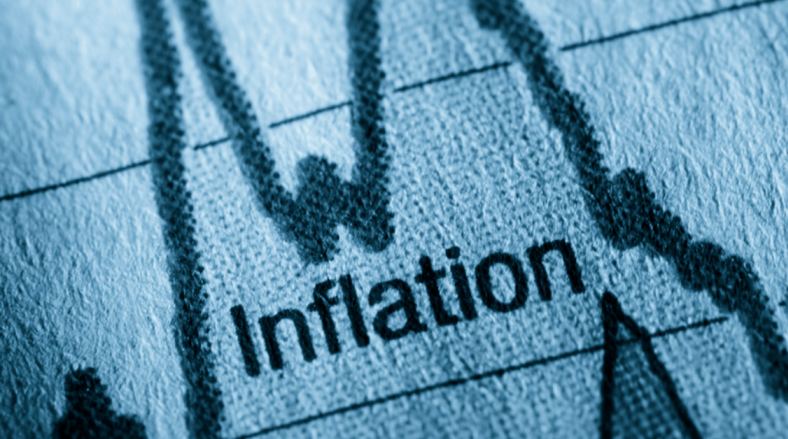electioneering spendings continue to rise, prices soared with inflation figures, which measures the rate at which prices of goods and services rise in the country, standing at 16.82 per cent, the highest level since August 2021.
Billion of naira has been paid in recent weeks for nomination forms for the various elective positions across the country in the various political parties with more spending expected as lobbying of delegates for votes commence.
Latest figures released by the National Bureau of Statistics (NBS) showed a 0.9 per cent increase compared to 15.92 per cent which was recorded in March. 1.3 per cent points lower compared to 18.12 per cent recorded in April 2021.
This means that the headline inflation rate slowed down in April when compared to the same month in the previous year.
The high cost of food items continued to rise as food inflation expanded by 117 basis points to 18.37 per cent year on year compared to 17.2 per cent in March.
Specifically, pressure was most significant in the prices of Bread and cereals, Food products, Potatoes, yam and other tubers, Wine, Fish, Meat, and Oils.
On a month-on-month basis, food inflation rose by two per cent, relative to the 1.99 per cent month on month recorded in the previous month.
On a month-on-month basis, the food sub-index increased to 2.00 per cent in April 2022, up by 0.01 per cent points from 1.99 per cent recorded in March 2022. The average annual rate of change of the Food sub-index for the 12 month period ending April 2022 over the previous twelve-month average is 18.88 per cent, 0.34 per cent points from the average annual rate of change recorded in March 2022 (19.21) per cent.
Similarly, the core inflation reversed the previous month’s downtrend, increasing by 26bps to 14.18 per cent as against 13.91 per cent in March, the highest in five years. Pressures were most significant in the prices of Gas, Liquide fuel, Cleaning, repair and hire of clothing, Clothing materials, Other articles of clothing, and Clothing accessories.
Compared to the previous month, the core index increased by 24bps to 1.22 per cent month on month in April 2022.
Urban inflation rate increased to 17.35 per cent year-on-year in April 2022 from 18.68 per cent recorded in April 2021, while the rural inflation rate increased to 16.32 per cent in April 2022 from 17.57 percent in April 2021.
On a month-on-month basis, the urban index rose to 1.78 percent in April 2022, up by 0.02 from the rate recorded in March 2022 (1.76), while the rural index also rose to 1.74 percent in April 2022, up by 0.01 from the rate that was recorded in March 2022 (1.73) percent.
The corresponding twelve-month year-on-year average percentage change for the urban index is 17.01 percent in April 2022. This is lower than 17.10 percent reported in March 2022, while the corresponding rural inflation rate in April 2022 is 15.91 per cent compared to 16 per cent recorded in March 2022.
In April 2022, all items inflation on a year-on-year basis was highest in Bauchi with 18.93 per cent, Ebonyi with 18.88 per cent and Akwa Ibom with 18.80 per cent, while Sokoto recorded 14.65 per cent, Kwara with 15.33 per cent and Kaduna with 15.69 per cent recorded the slowest rise in headline Year on Year inflation.
On month-on-month basis however, April 2022, recorded the highest increases in Abuja which recorded 2.91 per cent, Taraba at 2.76 per cent and Bauchi with wit5 per cent, while Benue with 0.29 per cent, Kogi with 0.48 per cent and Niger with 0.66 per cent recorded the slowest rise on month-on-month inflation.
Food inflation in April, on a year-on-year basis was highest in Kogi where 22.79 per cent was recorded, Kwara recorded 21.56 per cent, and Ebonyi (21.45%), while Sokoto with 14.85 per cent, Kaduna with 15.55 per cent and Anambra with 16.68 per cent recorded the slowest rise in year-on-year food inflation.









